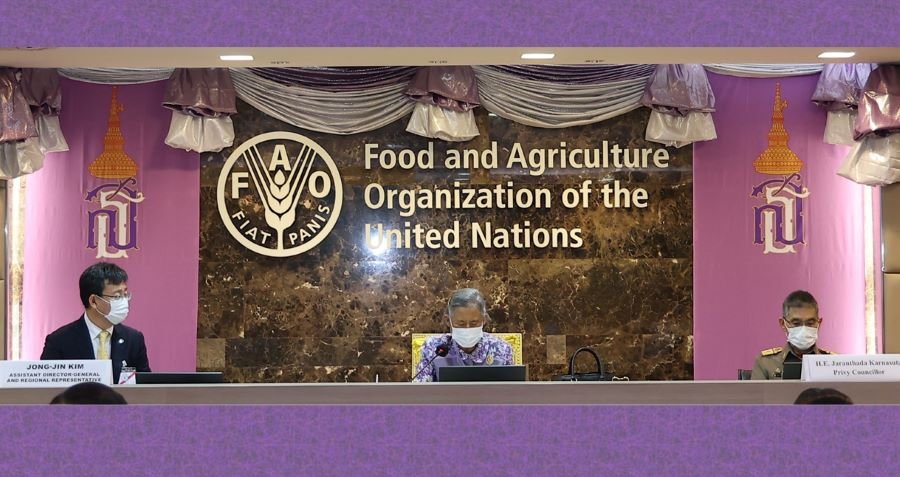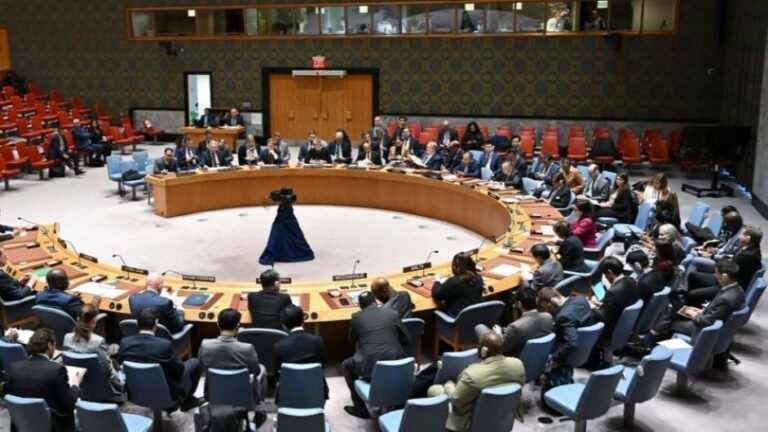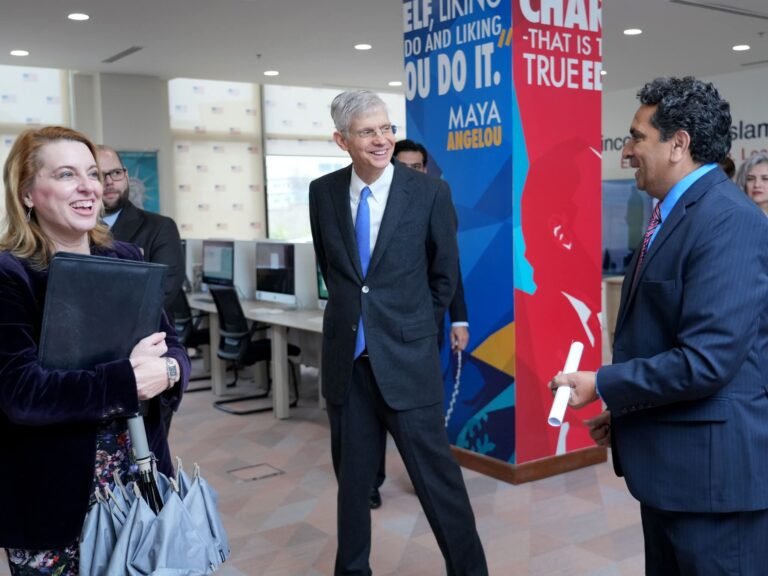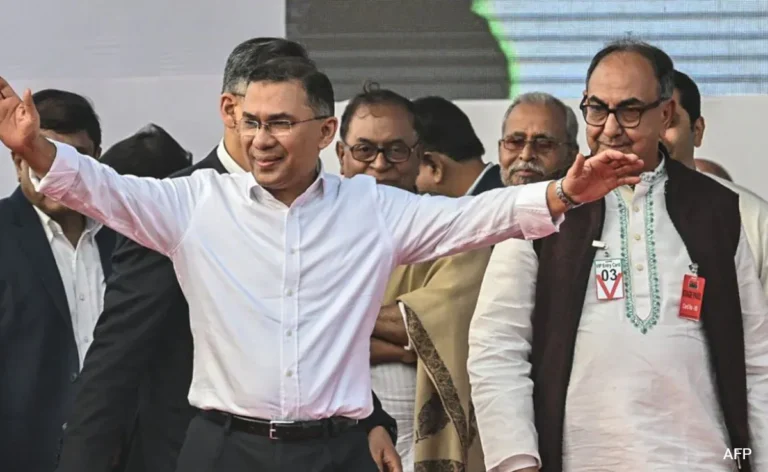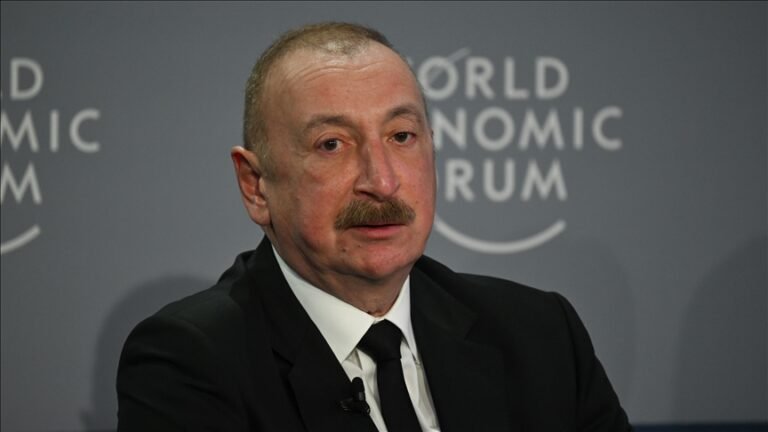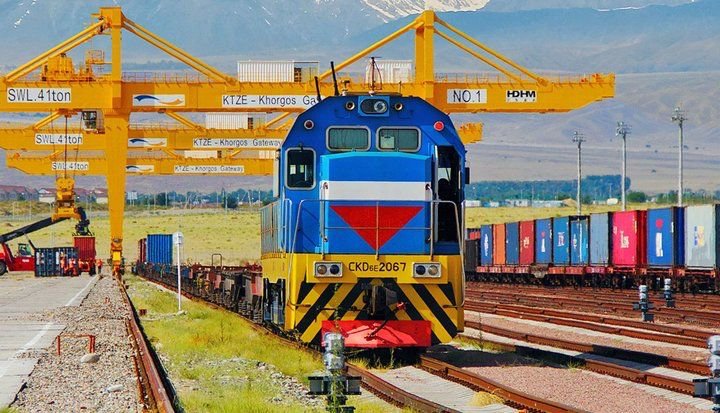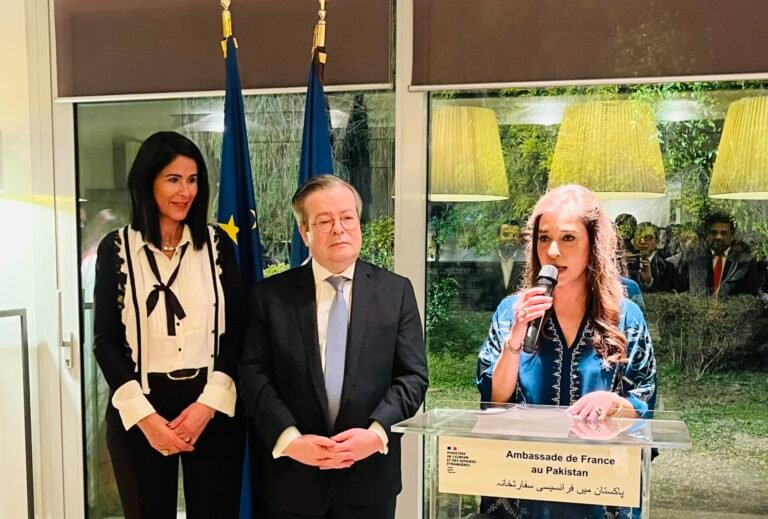Bangkok (TDI): Access to nutritious and affordable food is increasingly under threat, with a staggering 733 million people worldwide grappling with hunger and malnutrition.
In the Asia-Pacific region, approximately 23% of the population faced food insecurity in 2022, a crisis that significantly impacts children’s growth and development.
This year’s World Food Day theme, “Right to Foods for a Better Life and a Better Future,” was the focal point of a regional observance in Bangkok, organized by the Food and Agriculture Organization (FAO) of the United Nations.
The theme underscores the critical need for accessible and affordable healthy diets and highlights the long-term environmental sustainability essential for food production.
Rising malnutrition rates, affecting all socio-economic groups, are particularly alarming.
Global obesity rates are projected to jump from 14% in 2020 to 24% by 2035, indicating a growing public health crisis alongside ongoing hunger issues.
The Asia-Pacific region is a vital player in global agri-food systems, employing 793 million of the 1.2 billion people in agriculture worldwide.
Despite this significant contribution to feeding the global population of 8 billion, over one-third—approximately 2.8 billion people—cannot afford a healthy diet.
In Asia alone, 1.66 billion people face this dire challenge.
Honouring Innovation and Young Leaders
The World Food Day ceremony was presided by the Princess Maha Chakri Sirindhorn of Thailand, FAO Goodwill Ambassador for Asia and the Pacific.
She emphasized the importance of sustainable food production to ensure communities have access to nutritious food, even in times of crisis.
“Nutritious and diverse food must reach people’s plates at affordable prices,” she stated.
The event celebrated five young leaders from Thailand, Indonesia, Samoa, Nepal, and Papua New Guinea for their innovative contributions to strengthening agri-food systems and promoting sustainability in the region.
These leaders were recognized for their initiatives, which offer promising solutions to pressing food security challenges.
Also Read: Japan’s $7.2M aid through WFP ensures Food Security in Pakistan
Jong-Jin Kim, FAO Assistant Director-General and Regional Representative for Asia and the Pacific, echoed the sentiment of innovation, noting, “Technology and innovation provide us with new solutions to the complex problems we face in our agri-food systems.”
Certificates were also awarded to winners of a regional photo contest on food security and nutrition from Afghanistan, Bangladesh, Papua New Guinea, and Mongolia, part of FAO’s “Four Betters” initiative—better production, better nutrition, a better environment, and a better life.
Unified Approach to Food Security
FAO Director-General Qu Dongyu emphasized that while “the right to foods” is essential, it alone will not solve the issues of hunger and malnutrition.
He stated, “It creates concrete obligations for governments and key partners, encouraging all of us to ensure its realization.”
The FAO plays a critical role in addressing the challenges of agri-food systems, providing essential updates through its State of Food Security and Nutrition in the World (SOFI) report, produced with various UN agencies.
The organization also collaborates with member countries to develop dietary guidelines and promote nutrition education.
Kim called for immediate action: “The gap between the right to food and reality can only be bridged by action. We must act now to strengthen the right to foods across the Asia-Pacific.”
Also Read: Britain announces $100m to boost Africa food security
Governments are urged to incentivize the production and sale of nutritious foods, ensuring that all—especially the most vulnerable—can access healthy diets.
Consumer organizations must also advocate for the rights of consumers in discussions with the food industry and policymakers.
“The cost of neglecting the right to food is immense,” Kim warned.
“We must transform our agri-food systems to be more efficient, inclusive, resilient, and sustainable while respecting traditional food cultures and personal preferences.”
The discussions and partnerships initiated during World Food Day will continue as FAO prepares for its International Soil and Water Forum 2024, co-organized with the Royal Thai Government in December.
The forum aims to sustain the momentum of global and regional efforts, driving forward urgent actions needed to protect natural resources and secure a resilient agri-food system for future generations.

